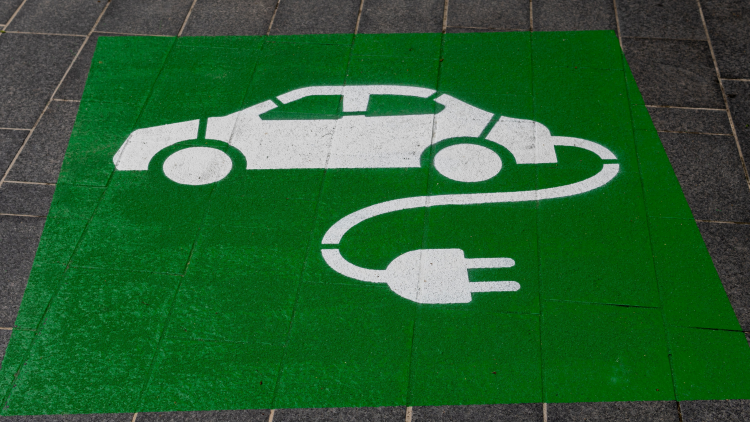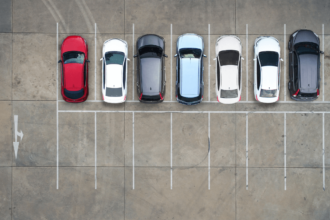Rivian saw its first-quarter losses widen nearly fourfold as the EV maker burned through cash battling supply chain constraints and production bottlenecks to bring its electric vehicles to market.
Rivian, which is now delivering its R1T pickup and R1S SUV to consumers and EDV commercial electric van to Amazon, reported net losses of $1.59 billion in the first quarter, compared with $414 million in the same period last year. The company also reported a first-quarter loss of $1.77 per share on revenue of $95 million.
On an adjusted basis, Rivian reported reported a loss of $1.43 a share for the first quarter. Those results, particularly on the revenue front, missed analysts expectations. Per data from Yahoo Finance, analysts expected Rivian to report a loss of $1.44 per share (adjusted) on revenue of $130.5 million in Q1 2022.
Despite the disappointing numbers, Rivian shares popped in after-market trading by more than 7%, perhaps as investors held onto some of the rosier news to come out of the Q1 earnings.
Rivian reaffirmed its goal to build 25,000 vehicles in 2022 and announced a target to own more than 10% of the global market eventually.
The automaker did keep somewhat restrained in how bright its future will be, cautioning in a letter to shareholders that supply chain constraints on semiconductors and other components serve as a significant bottleneck.
“Since March 31, 2022, we have been forced to stop production for longer periods than anticipated, resulting in approximately a quarter of the planned production time being lost due to supplier constraints,” the company said.
The EV maker built 2,553 vehicles and delivered 1,227 in the first quarter, which means it must increase production tenfold for the rest of the year to meet its target. That compares with the 909 vehicles Rivian delivered in the fourth quarter last year, its first as a public company.
Rivian said demand is outstripping supply, with more than 90,000 orders in the U.S. and Canada for its battery-electric R1T pickup truck and 10,000 for the R1S SUV. To that end, it will launch a new reservations system that doesn’t allow customers to configure their vehicle until closer to the delivery date.
The company is expected to break ground on a second factory this summer where it will eventually produce vehicles on its future R2 platform, “a more accessibly priced mid-sized SUV targeting global markets.” The $5 billion facility in Georgia received the state’s largest-ever incentives package of $1.5 billion.
In the meantime, Rivian said its top priority is ramping up production at its factory in Normal, Illinois, where it plans to introduce a second shift this summer. Together, its two factories will ramp up to a projected annual capacity of 600,000 vehicles.
Rivian, which debuted as a public company in November at a market cap higher than both Ford and GM, saw its stock in freefall this week when Ford sold 8 million shares after an insider lockup for the stock expired Sunday.

















